¡Important!
Key tips to avoid fake certified translators

As you can see in this post from my website, a sworn translator (known as ‘Traductor Público’ in Argentina) is a university professional whose responsibility is the translation of any document that has been written in a foreign language into Spanish, and vice versa, for the use of governmental departments, agencies, entities, or organizations. In Argentina, the Sworn Translators Associations (e.g., CTPCBA and CTPIPBA) govern the professional practice, issue the license, and certify translations. It is a mandatory requisite to hold a degree in sworn translation (usually a BA in translation) that has been granted by a university, either private or state-run, in order to become a professional member of these associations.
Impostors exist in all fields and professions. They take advantage of the lack of information or the trust placed in them by clients who order a job from them based on these imposters having presented themselves as certified translators. However, they are not certified, of course. In the case of sworn translations, it is very easy to check whether you are dealing with a certified translator registered in Argentina (City or Province of Buenos Aires).
Here is how you can verify the credentials of the alleged translator:
1) CTPCBA. If someone claims to be registered with the Colegio de Traductores Públicos de la Ciudad de Buenos Aires (CTPCBA, in Spanish), you can visit the Colegio’s website to search for their first and last name. As an example, in this link, you can verify that my registration exists and is currently valid.
2) CTPIPBA. If someone claims to be registered with the Colegio de Traductores Públicos e Intérpretes de la Provincia de Buenos Aires (CTPIPBA, in Spanish), you can visit the Colegio’s website to search for their first and last name. As an example, in this link, you can verify that my registration exists and is currently valid.
Unfortunately, there are false public or certified translators who can seriously harm the progress of your proceedings. However, by checking the credentials of the alleged translator, you will be able to hire a sworn translator with a valid license and who is authorized to issue real sworn translations that are valid and of full legal value in Argentina and abroad.
This verification is especially important if you have to file the Spanish translations of your documents with agencies such as Aduana Argentina (Argentine customs) or Migraciones (Migrations), as they require translations to be carried out by a certified translator.
Are you planning to travel and reside in Argentina? Before traveling, I strongly recommend that you legalize your documents in the same country that issued them. This simple step will save you a lot of headaches. After this legalization, they will be ready to be translated. For more information on how to translate your documents into Portuguese, English, or Spanish, you can visit this section of my website. You may also contact me by email and we will analyze your case so that the process flows well without any obstacles.



